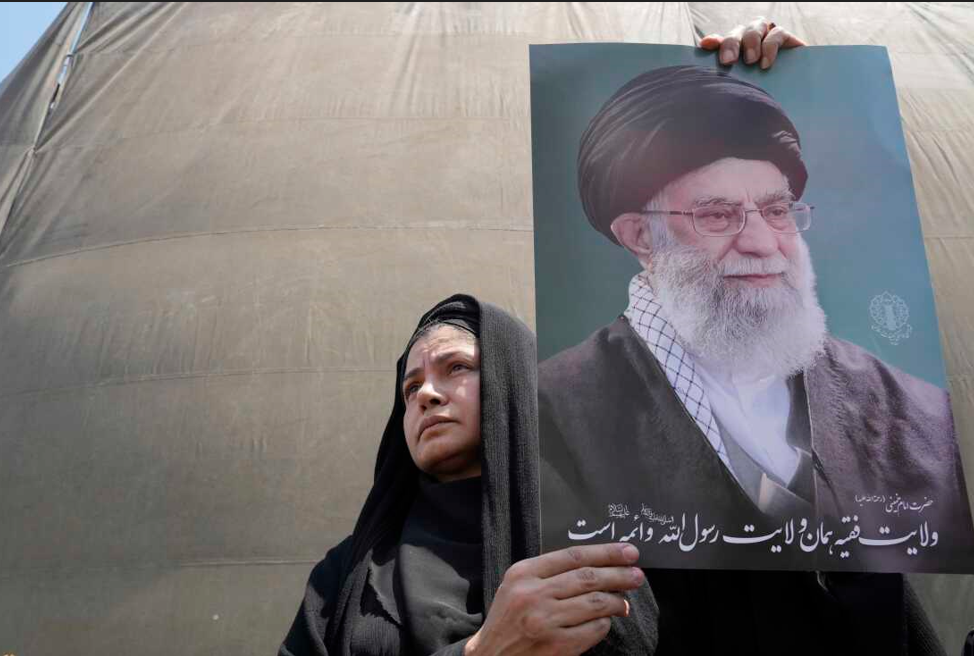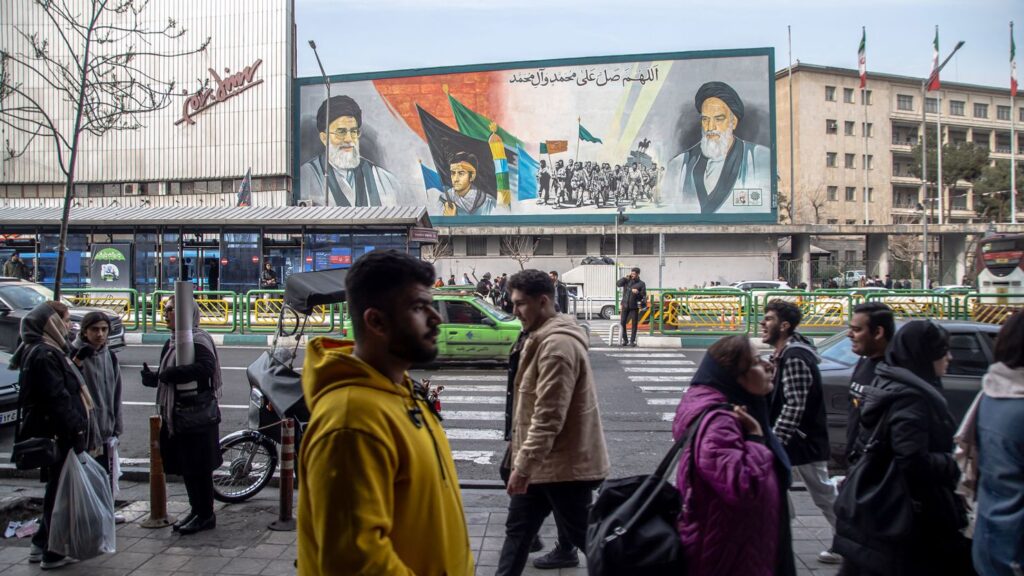
🔥 Escalating Tensions Soar to New Levels
On June 19, 2025, Israeli Defense Minister Israel Katz issued one of the most controversial remarks in recent times, implying that Iran’s Supreme Leader, Ayatollah Ali Khamenei, could be considered a valid military target. This followed a wave of missile strikes, cyber assaults, and proxy operations purportedly conducted by Iran and its allied factions such as Hezbollah and Houthis.
This declaration heightens tensions notably, marking one of the initial occasions a senior Israeli figure has publicly urged steps that might be seen as a threat to kill a foreign leader.
🗣️ Who Stated What – and Why?
Israel Katz – In a discussion with Israeli press, Katz mentioned:
“Khamenei needs to be eliminated for us to meet our military goals.”
This was not an ambiguous warning—it was seen as a straightforward threat, which is uncommon even in the intense Israel-Iran rivalry.
Prime Minister Benjamin Netanyahu supported Katz, stating:
“We will take the necessary actions.” “Everyone is affected.”
Former U.S. President Donald Trump—now out of office but still impactful on American policy—stated that Khamenei is “an easy target,” but that any U.S. action would depend on wider strategic objectives.
🔁 Iran’s Prompt Reaction
Iran regarded the threat seriously. Supreme Leader Khamenei spoke to the nation and condemned the threat as “pointless and desperate.”
Ayatollah Khamenei stated:
“The Islamic Republic will not capitulate.” “Individuals who discuss assassinations will encounter repercussions.”
Emergency Measures Nationwide: Iran swiftly elevated the alert status of its vital infrastructure—nuclear facilities, airports, and military installations. Thousands of security personnel were sent to large cities, anticipating Israeli or U.S. air attacks.
Response from IRGC: Senior Iranian military leaders, such as General Hossein Salami, allegedly conducted urgent gatherings. Iran carried out retaliatory drone and missile attacks on military sites associated with Israel in Northern Iraq and the Golan Heights.
Civilian Consequences: As reports circulated, extensive fuel queues, grocery store frenzy, and internet outages sparked turmoil in prominent Iranian cities.
🌍 Worldwide Responses
Russia – The Kremlin cautioned that killing a head of state would “unleash Pandora’s Box.” Russia urged for “urgent de-escalation,” suggesting it might back Iran if conflict erupts.
United States – Although Washington has distanced itself from Israel’s assassination comments, it reasserted its backing for Israel’s “right to self-defense.” Pentagon officials verified that the USS Eisenhower strike group is still positioned in the Gulf.
European Union – Leaders in Europe denounced the aggression from Iran as well as the threats from Israel. Emergency talks aimed at mediating peace commenced in Geneva, as France and Germany urged for an immediate ceasefire.
Other Countries – Nations such as Turkey, India, and the UK started withdrawing non-essential staff from their embassies in Tehran and Tel Aviv.

⏳ What Might Occur Next?
Escalation Risk: Should Israel genuinely pursue an attack on Khamenei, it would probably ignite a regional conflict. Iran may respond with missile strikes targeting Israeli urban areas and American installations in Iraq, Syria, and the Gulf.
Leadership Void?: Should Khamenei be assassinated, Iran’s Assembly of Experts will select a new Supreme Leader—but this change might trigger internal turmoil, particularly if public discontent escalates.
Civil Unrest: Within Iran, numerous citizens—already exasperated by inflation and oppression—have started voicing anti-government chants. Protests of “Death to the dictator” and “No to war” have been observed in Tehran and Shiraz.
Israel is said to be requesting U.S. support to obtain bunker-busting bombs that can obliterate Iran’s heavily fortified nuclear facilities. It has conducted numerous airstrikes on Iran’s affiliates in Syria and Lebanon.
⚠️ Overview of the Circumstance
Israel explicitly threatened Iran’s Supreme Leader during the ongoing conflict.
Iran reacted with military readiness, cyber assaults, and appeals for resistance.
Israeli airstrikes increased significantly, affecting areas in Syria and Northern Iraq.
The international community is concerned—key nations are urging for a reduction in tensions.
Civilian life in both Iran and certain areas of Israel is interrupted due to concerns about war.
🧭 Concluding Reflections
This is among the most perilous stages in the decades-long conflict between Israel and Iran. Although rumors of assassination threats have circulated before, a public statement from a defense minister signifies a new level of escalation. The outcome will hinge on global diplomacy—whether it results in extensive conflict or careful control—and if rational minds take charge.



5bhlxh